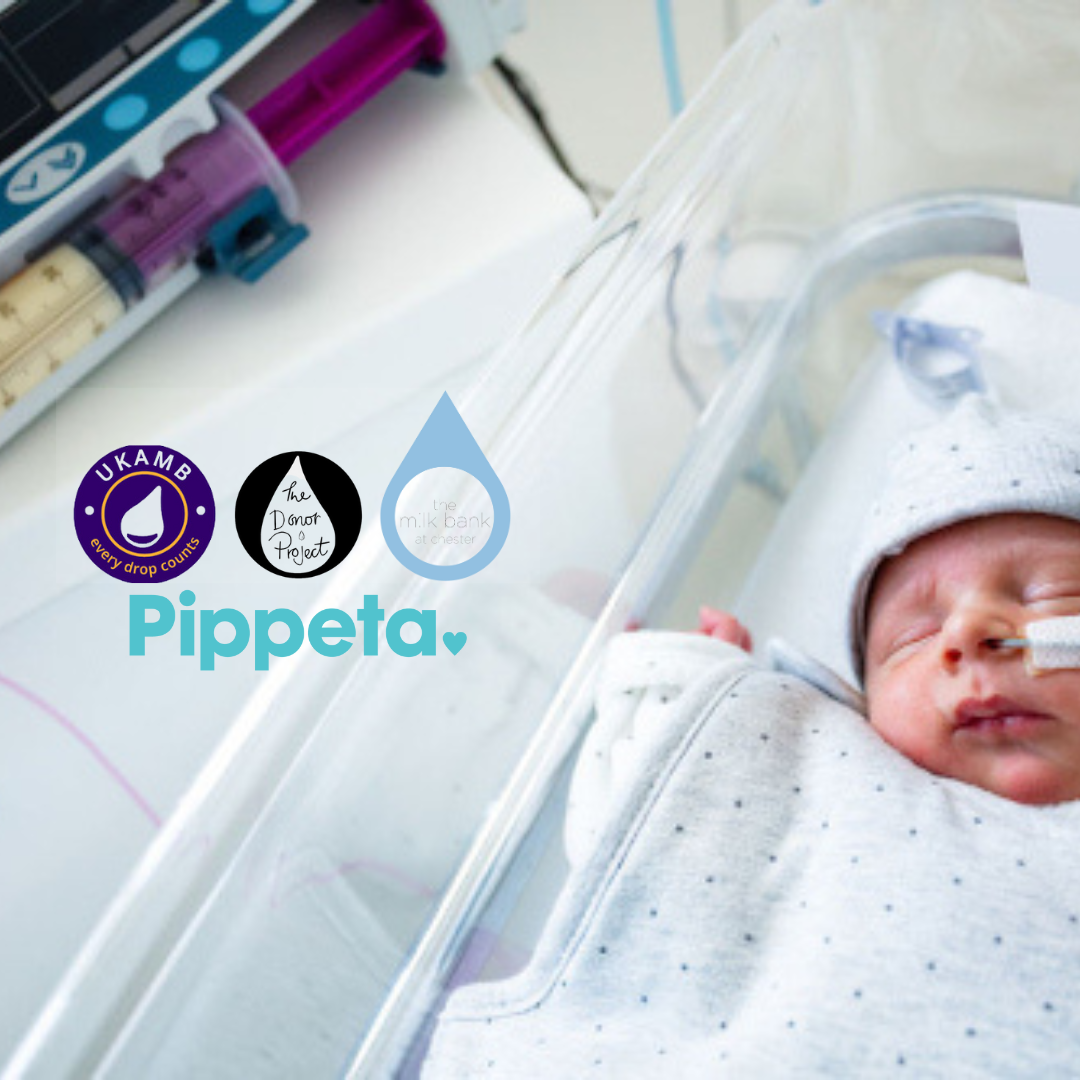As the colder months settle in, concerns about keeping both mum and baby healthy during cold and flu season are top of mind. Many breastfeeding mums wonder how they can best protect their baby while maintaining their own health. Here, we cover practical tips and evidence-based guidance to help navigate cold and flu season while breastfeeding and pumping.
How Breastfeeding Supports Immunity
Breastfeeding provides remarkable immune benefits for babies. According to The Lancet, breast milk contains antibodies and immune-boosting factors that can lower an infant's risk of respiratory infections, which are more common in cold and flu season. These antibodies are especially effective in supporting your baby’s developing immune system and can help build a natural defense against many seasonal illnesses.
The British Journal of Nutrition further explains how breast milk offers a unique combination of nutrients and antibodies tailored to your baby, which are vital for immune development in those early months. By breastfeeding, you’re not only nourishing your baby but also actively helping to protect them against seasonal illnesses.
Should I Breastfeed if I Have a Cold or the Flu?
If you have a cold or flu, breastfeeding is still generally safe—and highly recommended. Your body will produce antibodies that pass through your milk, helping protect your baby from the illness. The Centers for Disease Control and Prevention (CDC) and the World Health Organisation (WHO) both advise continuing to breastfeed, as these antibodies can prevent or lessen symptoms in your baby.
Take precautions to prevent spreading germs, such as wearing a mask while breastfeeding, washing your hands often, and disinfecting surfaces. It’s also best to avoid kissing your baby’s face until you’re feeling better, as colds and flu are typically spread through close contact.
The Flu Vaccine and Breastfeeding
Many breastfeeding mums wonder if they should get the flu vaccine. According to the NHS Immunisation Services, the flu vaccine is safe for breastfeeding mums and can be beneficial. Receiving the flu vaccine reduces the likelihood of severe illness, allowing you to care for your baby without interruption. Additionally, vaccinated mums can transfer protective antibodies through their breast milk, giving babies an added layer of immunity against the flu.
The NHS strongly recommends that breastfeeding mums consult with their GP or healthcare provider if they have any specific concerns about the flu vaccine. This conversation can help you feel more confident in your decision and ensure the health and safety of both you and your baby.

Maintaining Breastfeeding Routines When Family Members Are Ill
When another child or family member is sick, it can disrupt your usual breastfeeding and pumping schedule. Here are a few strategies to maintain consistency and protect both you and your baby:
Double up on hygiene practices: Clean pumping parts meticulously, wash your hands often, and sanitise common areas in your home.
Create a “safe zone”: If possible, designate a clean and quiet space where you can nurse or pump, away from anyone who is unwell.
Encourage ill family members to rest: Encourage your sick children or other family members to rest and recover, which will also limit the spread of germs.
During this time, try to pump extra milk when possible. This can allow you to build a small stash that may come in handy if you need to step away from baby due to illness or lack of energy.

Nutrition and Hydration for a Stronger Immune System
Breastfeeding and pumping require substantial energy and hydration, which become even more crucial when fighting off seasonal germs. According to the NHS Healthy Eating Guide, a well-balanced diet rich in vitamins, minerals, and protein supports your body’s immune functions while breastfeeding.
Aim to drink plenty of water throughout the day, as hydration is key for milk production and maintaining energy levels. Foods like leafy greens, lean proteins, and whole grains are nutrient-dense options that can help sustain your health and milk supply. If you’re unsure where to start, consider speaking with a healthcare provider or a lactation consultant for dietary guidance tailored to your breastfeeding journey.
Reducing Stress for a Healthy Mind and Body
Cold and flu season often brings added stress, especially with young children. Prioritising self-care can make a positive difference. Finding a few minutes each day for yourself—whether through a short walk, a warm bath, or a quick meditation session—can lower stress levels, which in turn can support your immune health and breastfeeding success.
Stress can also impact milk supply. If you’re feeling overwhelmed, remember that it’s okay to ask for support, whether that means reaching out to family, friends, or other mums in a breastfeeding support group.
By following these expert-backed strategies, you can help protect both you and your baby from seasonal illnesses, making breastfeeding and pumping a positive and resilient part of your routine even during cold and flu season.
For Further Reading
The Lancet - Immunity and the Role of Breastfeeding in Reducing Infant Respiratory Infections: This article highlights studies on breastfeeding’s positive impact on infant immunity and lower rates of respiratory infections. Available at The Lancet Journal.British Journal of Nutrition - Breastfeeding and Infant Immune System Development: This publication provides an in-depth look at how breastfeeding supports a baby's immune development, especially during the first few months. Available at British Journal of Nutrition.
NHS Immunisation Services - Flu Vaccination Guidelines for Breastfeeding Mums: For information on the safety and benefits of flu vaccination during breastfeeding, consult the official NHS guidelines. Available at NHS Immunisation Services.
NHS Healthy Eating Guide - Diet and Nutrition Tips for Breastfeeding Mums: The NHS provides guidance on the best nutrition practices to support both mum and baby’s health during breastfeeding. Available at NHS Healthy Eating.
NHS Breastfeeding Guide - Hygiene Best Practices for Pumping: This guide covers recommended cleaning and hygiene practices for breast pumps to ensure safety and reduce germ spread. Available at NHS Breastfeeding Guide.
















Leave a comment
This site is protected by hCaptcha and the hCaptcha Privacy Policy and Terms of Service apply.